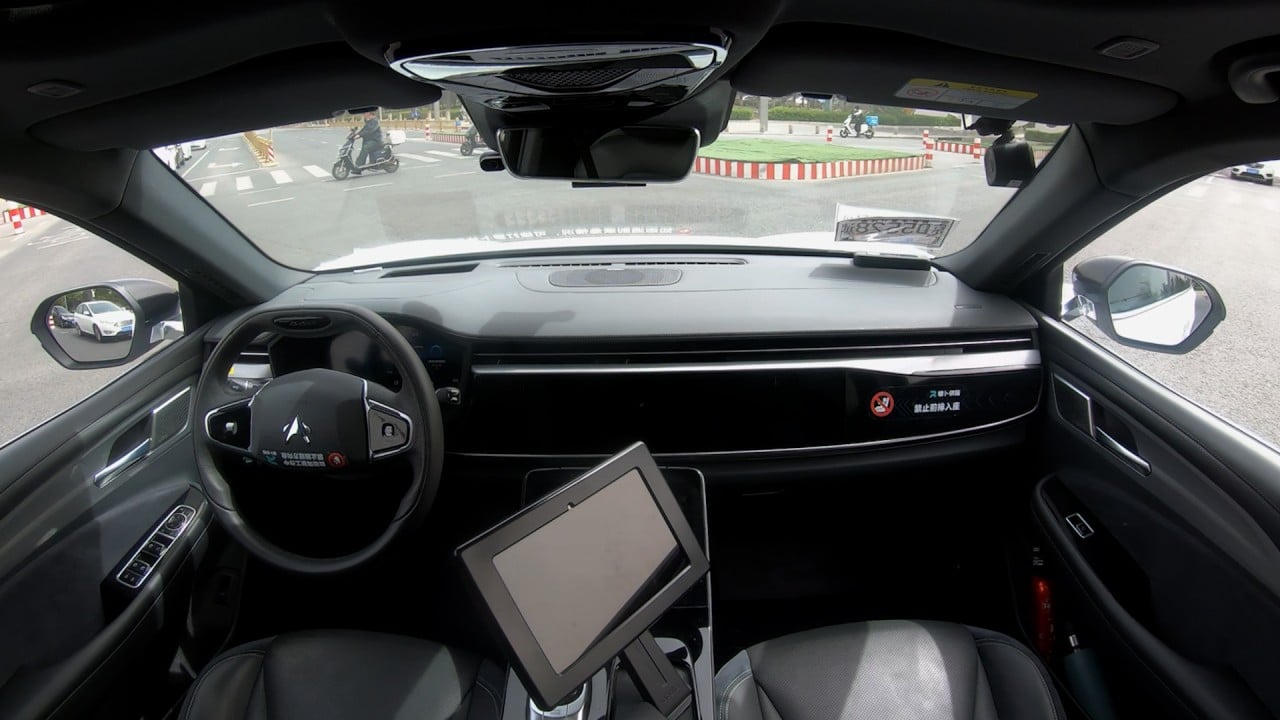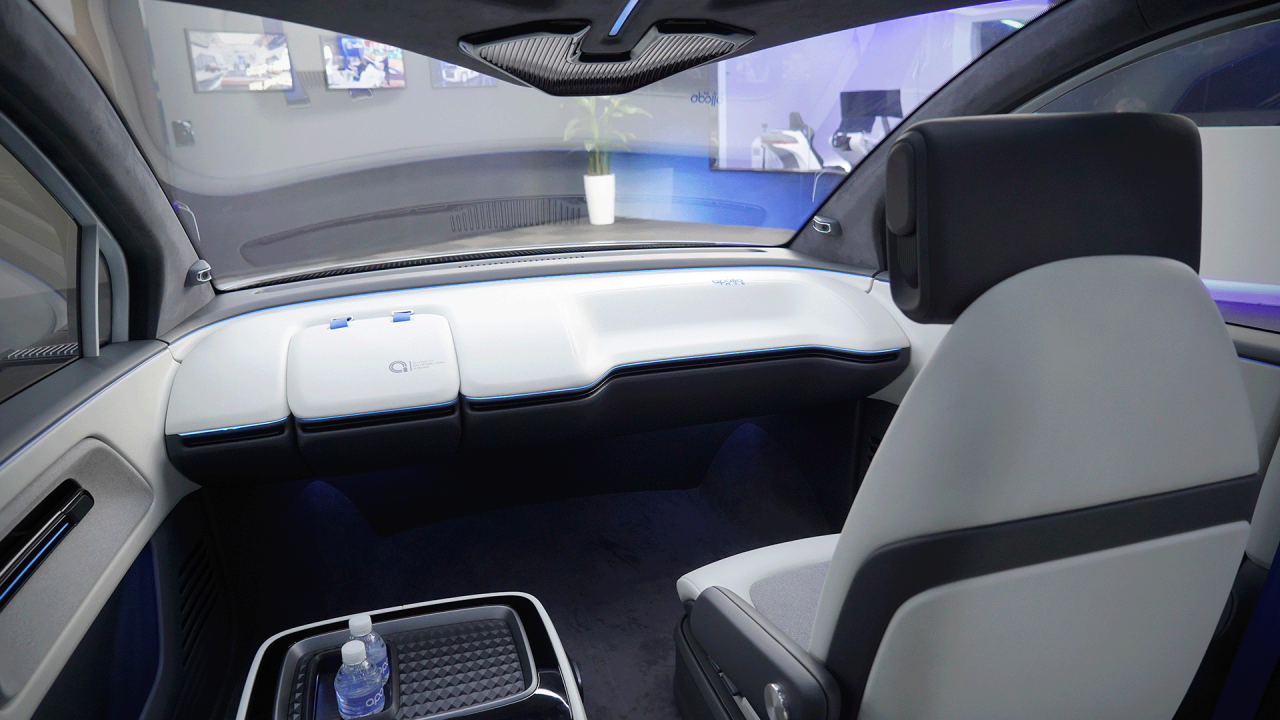Baidu said during its third-quarter results in November 2022 that one of China’s largest carmakers intended to use the Apollo technology suite, calling the partnership a sign of “increasing appetite for its self-driving solutions from automakers”. The partner was subsequently revealed to be BYD.
The scrapping of the deal is a huge blow to Baidu’s autonomous driving ambitions, and is a reflection of the troubles facing the Chinese self-driving industry as fully autonomous driving has so far proven difficult.
Baidu and BYD did not immediately respond to requests for comment.
Baidu has invested billions of yuan in Apollo and still sees self-driving as a priority, according to one of the sources, who is an employee and declined to be named.
Another source, who also declined to be named due to the sensitivity of the issue, said BYD has “suspended” its cooperation with Baidu on autonomous driving technologies, as the automaker sees no immediate prospects of self-driving technology in the EV mass market.
Advertisement
Despite these achievements, industry insiders and investors say large-scale robotaxi operations and autonomous trucks are nowhere close to achieving profitability because of the technology’s shortcomings, regulatory limits and safety concerns.
“We have long been bearish about robotaxis because the costs are too high and can’t be reduced,” said an investor with venture fund Yunqi Partners, who declined to be named as he was not authorised to speak to the media. “Constant updates of high-resolution maps and regulations constitute hurdles for large-scale roll-outs,” he added.
Autonomous driving vehicles use high-resolution maps to navigate, in addition to lidars, sensors and cameras.
Coupled with China’s economic woes and tech investors’ fast-changing interests towards new technologies like ChatGPT, China’s autonomous driving sector has started to cut costs by reducing headcount and simultaneously trying to stay afloat by boosting tech sales to carmakers, a highly competitive market.
Advertisement
“It’s a difficult market to enter and [self-driving] companies need to fiercely compete with each other for orders from carmakers for autonomous driving software solutions,” said Wang Naiyan, chief technology officer of TuSimple China, a developer of autonomous trucks.
The market is on the verge of a big shake-up where “many firms will disappear”, he added.
Advertisement



